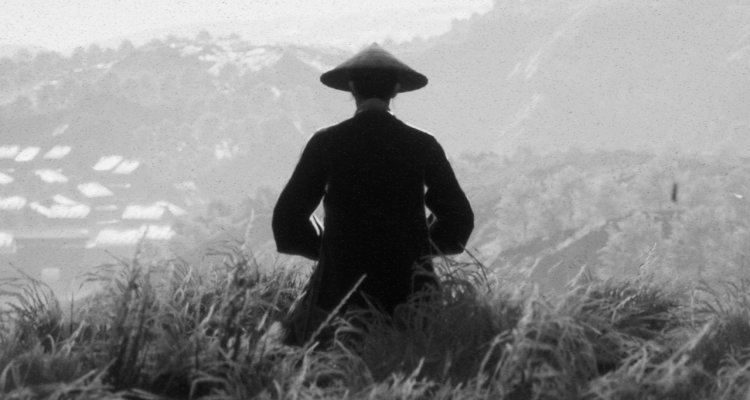The Federal Communications Commission has authorized nearly $ 200 million from the Rural Digital Opportunity Fund for broadband deployments in 26 states and the Northern Mariana Islands, a US territory.
The agency said that the funding, which will be extended over the next 10 years, will bring broadband service to more than 230,000 locations. Funds were authorized for companies including Cable One, Conexon Connect, Cebridge Telecom, Mercury Wireless’ entities in multiple states, Hunter Communications and Technologies, Pear Networks, Qwest, Tombigbee Communications and Wisper ISP, among others.
“We need to connect everyone, everywhere, and today’s announcement will open new opportunities to serve communities that need high-speed, reliable broadband service,” he said.
FCC Chairwoman Jessica Rosenworcel. “We’re also working hard to make the best use of this funding to ensure that applicants meet their obligations and follow our rules. With proper oversight, this program can advance our goal of closing the digital divide. “
This is the FCC’s ninth round of RDOF program funding authorizations since July 2021. Even as it is doling out RDOF money for deployments to move forward, though, the agency emphasized that its recently implemented Rural Broadband Accountability Plan for monitoring and ensuring compliance for rural deployment. subsidies are helping to make sure that the promised services actually do get rolled out in the places that need them — or that census blocks where winning bidders decide not to pursue the work are then made eligible for other funding programs.
Analysis by the Competitive Carriers Association released in mid-2021 estimated that as much as 1 billion of the more than $ 20 billion, 10-year RDOF program may end up being directed to areas which already have fixed or mobile service available that meets the program’s 25 / 3 Mbps broadband service minimum. Amid concerns about waste and over-building, as well as worries that new market entrants like Starlink would not actually be able to deliver The large-scale, high-speed services for which they won subsidies, Rosenworcel implemented the new accountability plan earlier this year.
The FCC said it has sent letters to 197 applicants about areas where there was either evidence of existing service, or questions about waste; bidders have, as a result, opted not to pursue RDOF support in about 5,000 census blocks. The agency said it also denied wavers for winning bidders who would have received nearly $ 370 million, but which did not secure the necessary state or Tribal approvals, or satisfactorily complete their applications.













/https://specials-images.forbesimg.com/imageserve/6006e88fb2b0e6e12ae26968/0x0.jpg)